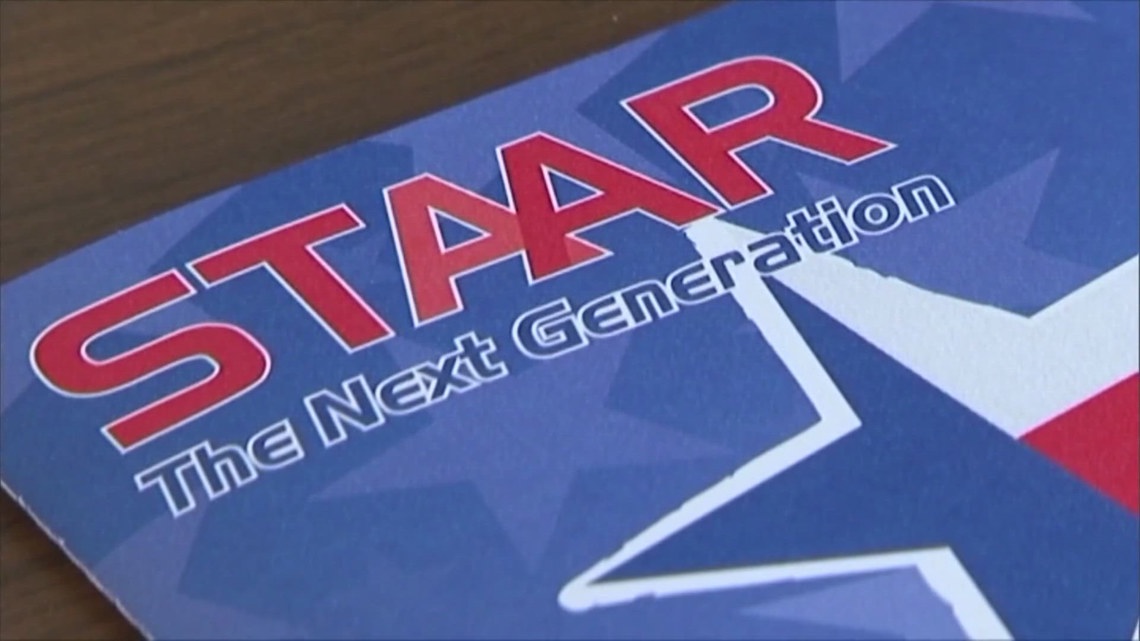
Texas will replace the STAAR exam with three shorter tests by 2027 under House Bill 8.
SAN ANTONIO — A shakeup is coming to how Texas students are tested.
House Bill 8, signed into law by the governor on Wednesday, phases out the STAAR exam as we know it.
Starting in 2027, students will be required to take three shorter tests throughout the year.
Some are saying the new testing will add stress for students and teachers. Those for the change believe it will give teachers the right benchmarks to keep their students on track.
In an August public education house committee meeting, Alamo Heights ISD Assistant Superintendent Jimmie Walker asked the committee to consider the bill.
“Legislative staff work incredibly hard, but they may not have the lived realities of counseling a student with testing anxiety or working a district through an accountability reset,” Walker said.
She asked them to consider the potential impact on Alamo Heights ISD.
“Being asked to shift away from what’s working or additional through-year testing would be burdensome on my district,” she added.
Authored by Representative Brad Buckley, House Bill eight officially replaces the STAAR exam with a “instructionally supportive” system of three shorter tests. One at the beginning, middle and end of the year.
It also gives the Texas Education Agency more authority to set standards and oversee implementation by 2027.
Those for the law see it as a step forward.
“So it’s also for teacher feedback – what do I need to improve on – it’s for the whole classroom,” one woman said in the August meeting.
But Clay Robinson with the Texas State Teachers Association said standardized tests need to be done away with completely.
“It probably will not reduce the stress on teachers, even students,” Robinson added.
Robinson said the legislature also failed to factor in enrichment programs to count toward their accountability.
So they plan to take up House Bill 8 with the legislature in 2027 before it becomes a reality for students in San Antonio and across Texas.
“We believe the accountability system has to be based on things other than standardized tests.”
We reached out to local school districts, but they did not get back and NISD said they are not responding to this prematurely.
